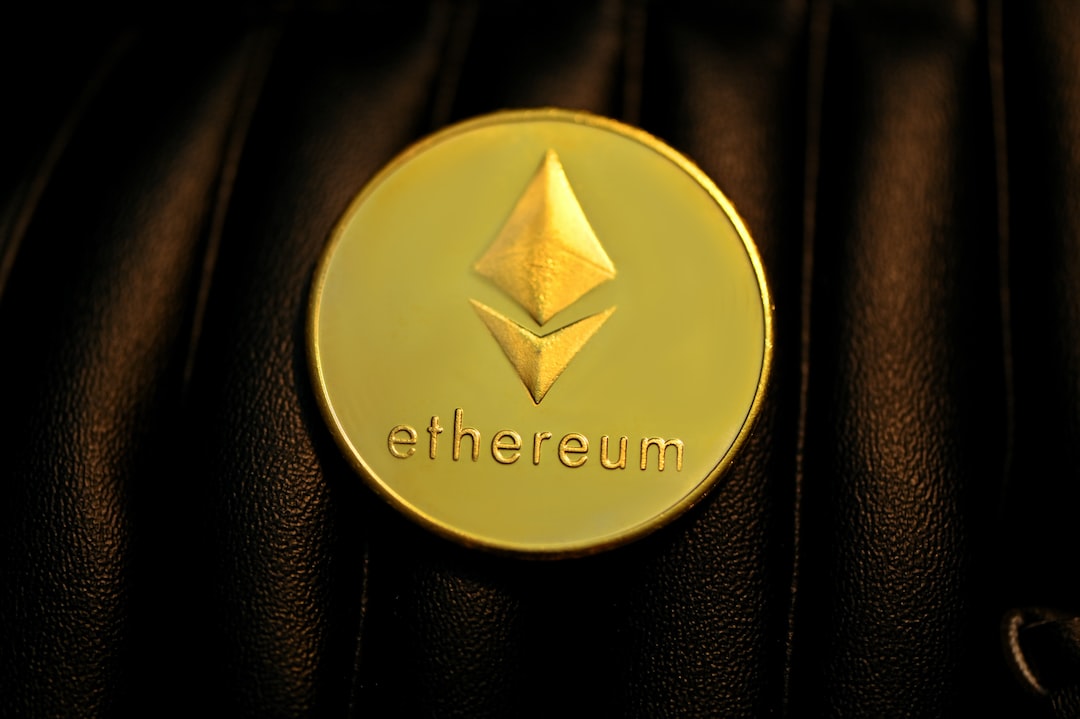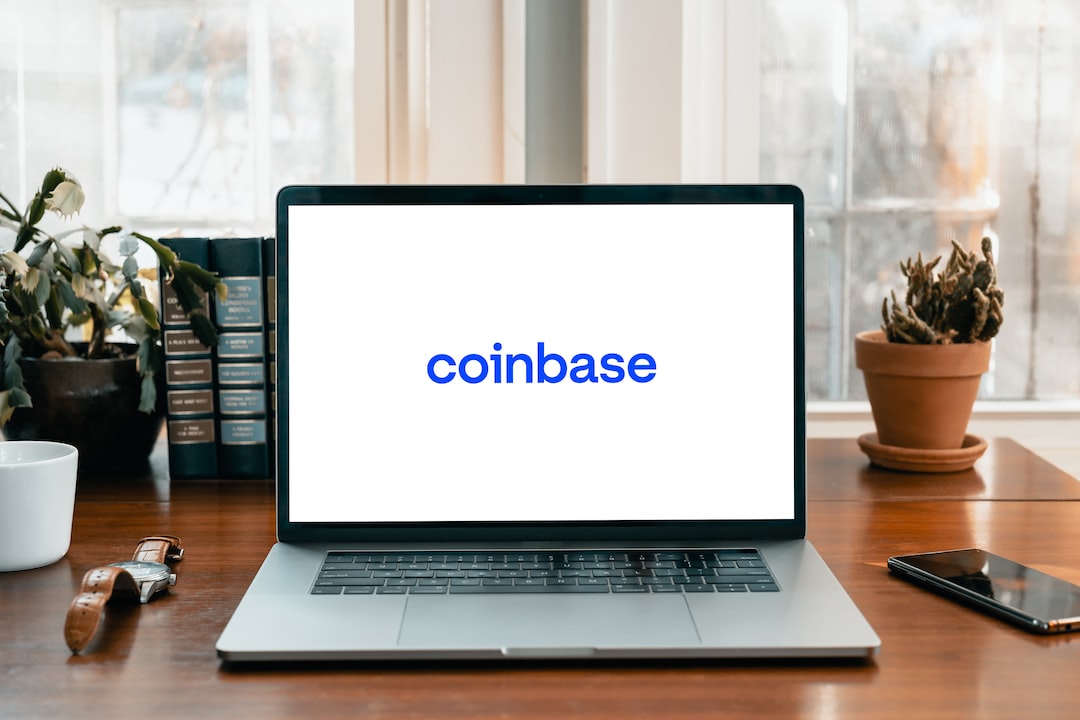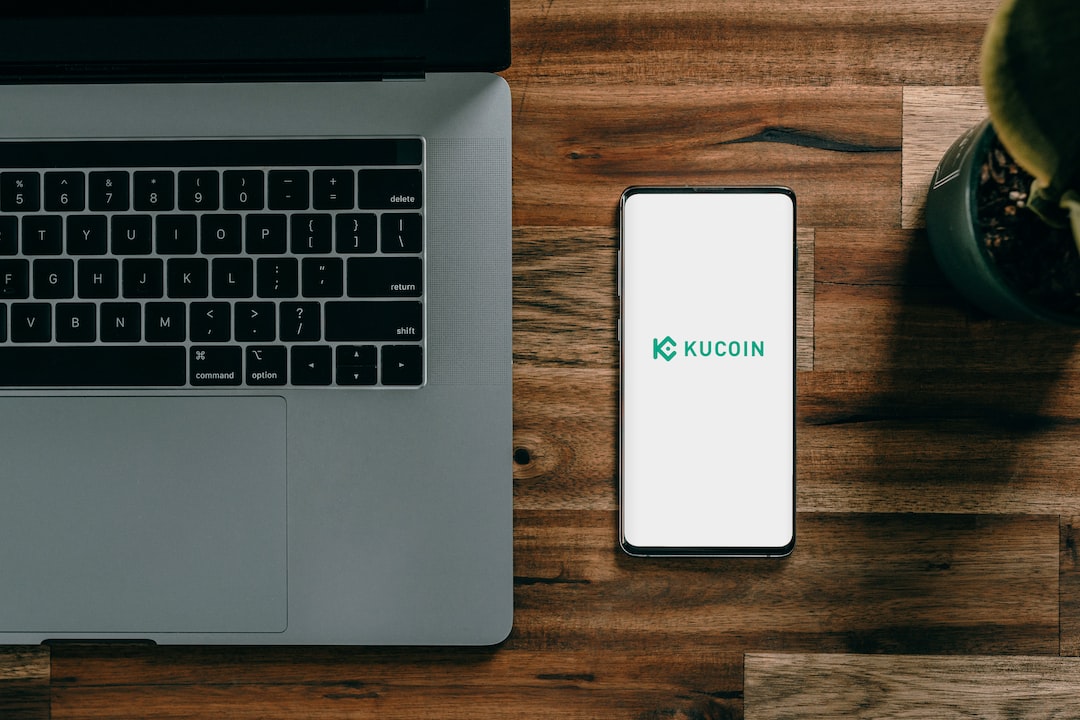Introduction
If you’ve been following the world of cryptocurrency, you’ve probably heard the names Bitcoin and XRP being mentioned frequently. Both Bitcoin and XRP are well-known digital currencies that have gained significant popularity in recent years. In this article, we will examine the key differences and similarities between XRP and Bitcoin, allowing you to make an informed decision when it comes to investing in these cryptocurrencies.
XRP: The Ripple Network
Let’s start by exploring XRP, which is the native digital currency of the Ripple network. XRP is designed to facilitate fast and low-cost international money transfers, making it a favorite among financial institutions. Unlike Bitcoin, XRP relies on a centralized network maintained by Ripple. This centralization has drawn criticism from some cryptocurrency enthusiasts who prefer decentralized networks like Bitcoin. However, it is important to note that despite its centralized nature, XRP still provides several advantages when it comes to transferring funds across borders.
Bitcoin: The Pioneer of Cryptocurrency
Bitcoin, on the other hand, is the pioneer of cryptocurrency, often referred to as digital gold. It operates on a decentralized network, which means that no central authority controls or regulates it. Bitcoin’s decentralized nature offers several benefits, including enhanced security and privacy. Additionally, Bitcoin’s limited supply and increasing adoption have contributed to its position as the leading digital currency in terms of market capitalization.
Key Differences: Transaction Speed and Scalability
One of the key differences between XRP and Bitcoin lies in their transaction speed and scalability. XRP, being developed explicitly for rapid and inexpensive transactions, boasts incredibly faster transaction times compared to Bitcoin. While Bitcoin transactions can take several minutes or even hours to be confirmed, XRP transactions are typically confirmed within seconds. This makes XRP more suitable for day-to-day transactions or remittances, where speed is crucial.
Furthermore, XRP’s scalability allows it to handle a significantly higher number of transactions per second compared to Bitcoin. Bitcoin’s scalability issues have been a subject of debate within the cryptocurrency community for some time. The limited block size in the Bitcoin blockchain often leads to congestion and high fees during peak usage periods. XRP, on the other hand, can handle thousands of transactions per second, making it more efficient for large-scale transactions.
Similarities: Transparency and Security
Despite their differences, XRP and Bitcoin share similarities in terms of transparency and security. Both cryptocurrencies operate on decentralized networks, ensuring that transactions are transparent and accessible to anyone with an internet connection. This transparency eliminates the need for intermediaries or third parties, reducing costs and increasing overall security.
Additionally, both XRP and Bitcoin utilize cryptographic encryption to secure transactions and keep user identities anonymous. The cryptographic algorithms used by these cryptocurrencies ensure that transactions cannot be tampered with or fraudulently altered. However, it is worth noting that Bitcoin’s decentralized network and longer history have resulted in a more robust security infrastructure.
XRP vs. Bitcoin: Which Should You Choose?
Now that we’ve examined the key differences and similarities between XRP and Bitcoin, you may wonder which cryptocurrency is right for you. The answer depends on your specific needs and investment goals.
If you prioritize speedy and low-cost international transactions, XRP may be the preferred choice for you. Its centralized nature allows for faster transaction speeds and better scalability, making it ideal for everyday use. Additionally, XRP’s strong relationships with financial institutions provide it with a level of stability and legitimacy.
On the other hand, if you value decentralization, security, and a solid track record, Bitcoin may be the cryptocurrency for you. As the pioneer of cryptocurrency, Bitcoin has amassed a large and loyal community, making it a more established and widely accepted currency. Bitcoin’s limited supply, increasing adoption, and decentralized nature make it an attractive investment choice for those seeking long-term growth.
FAQs
Q: Is XRP decentralized?
A: No, XRP is a centralized cryptocurrency that operates on the Ripple network, which is maintained by Ripple.
Q: Can Bitcoin handle large-scale transactions?
A: Bitcoin’s scalability is often debated, and it struggles to handle a high volume of transactions efficiently during peak usage times.
Q: Are XRP transactions more private than Bitcoin transactions?
A: Both XRP and Bitcoin utilize cryptographic encryption to maintain transaction privacy. However, Bitcoin’s longer history and decentralized network may provide a higher level of anonymity and security.
Q: Which cryptocurrency offers better transaction speed?
A: XRP is designed explicitly for fast transactions and can confirm transfers within seconds, while Bitcoin transactions can take several minutes or even hours to be confirmed.
Q: Should I prioritize speed or decentralization when choosing between XRP and Bitcoin?
A: The choice ultimately depends on your specific needs and investment goals. If speedy international transactions are your priority, XRP is the better option. If decentralization and security are important to you, Bitcoin may be the preferred choice.
In conclusion, XRP and Bitcoin are two popular cryptocurrencies that have distinct characteristics. XRP offers fast and low-cost transactions within a centralized network, making it suitable for day-to-day transactions. Bitcoin, on the other hand, operates on a decentralized network and is known for its security and long-term growth potential. Understanding their differences and similarities will help you make an informed decision when it comes to investing in these digital assets.





 By
By
 By
By
 By
By

 By
By